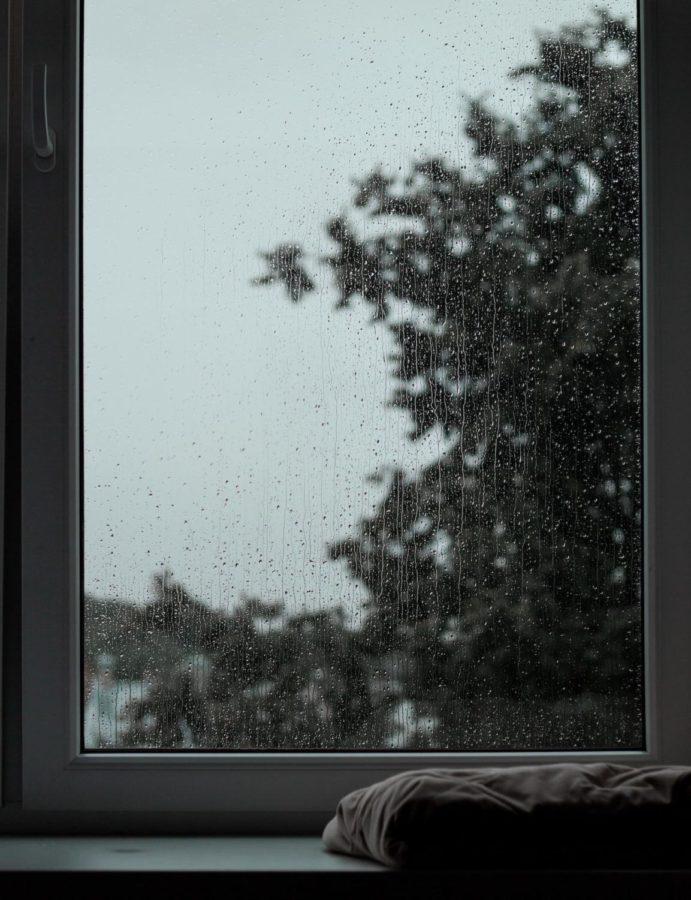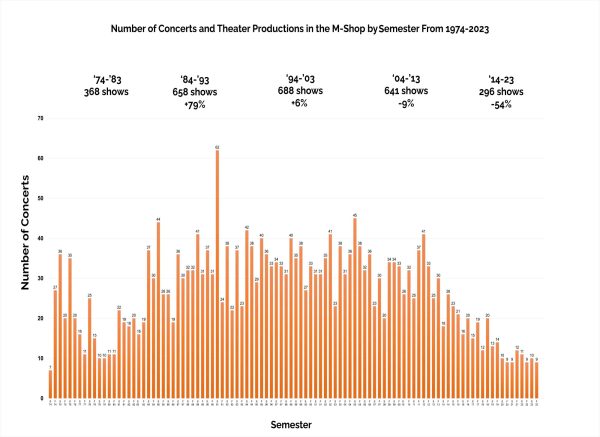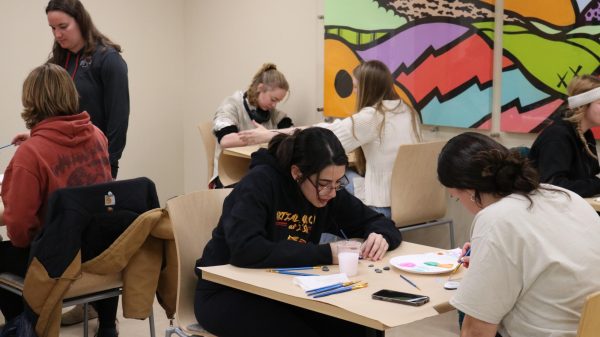What you should know about seasonal affective disorder from a mental health expert
November 14, 2021
These upcoming cold months may take a toll on mental health. Seasonal depression can happen as a result, so prepare yourself with a few ways to stay on top of your health.
Seasonal affective disorder (SAD), more commonly known as seasonal depression, can happen during at any time of the year. In Iowa, it tends to be more prevalent during the colder months and days where the sun sets early.
Take care of your mental and physical health and know how to counteract the symptoms of seasonal depression.
Michelle Roling is a licensed mental health counselor for Student Counseling Services at Iowa State and has a vast knowledge about seasonal depression.
“We all know whatever our norm is, we all know kind of where our baseline is in regards to energy and motivation,” Roling said. “When there is a dip in that, we really want to pay attention to those changes.”
Symptoms of SAD include: feeling more fatigued, wanting to go to bed earlier, lack of motivation to hang out with friends or go to class, self-isolation and less motivation to put energy into simple tasks.
Taking preventative measures to best avoid these symptoms can improve your mood and mental state.
First, try keeping the routine that you already have in place. It can be hard to keep a constant schedule while in college, but try your best to get a regular amount of sleep.
Consistency in daily activities along with consistent sleep can be very beneficial when battling seasonal depression.
Nutrition is also important during times of high stress. Regularly drinking a lot of water and eating healthy can increase energy to keep this consistency.
Roling also suggests going outside and getting fresh air, even if it might be cold, and opening the blinds indoors to get natural sunlight.
There are lamps that imitate natural light and have the same effect that can also be found online.
Another large role that plays a part against SAD is staying connected. Keep in touch with friends and family and make an effort to be around those people. Studying in a public place with a group of friends can help you feel more productive and connected.
With SAD, alcohol is not recommended as it is a depressant.
If you know that you struggle with seasonal depression and need assistance, there are many counseling options for students at Iowa State.
One resource free to students is Therapy Assistance Online (TAO). It is a confidential service that promotes personalized wellness tips and activities for users to participate in. The user can utilize it at their own pace and watch videos, receive reminders and encouragement, coping strategies, relationship building and more, based around what they need.
If you don’t know if you need counseling or want to know what could be best for you, Iowa State has a program called “Let’s Talk,” and students can do just that. “Let’s Talk” is a resource for students, from 3 to 5 p.m. on Mondays and Tuesdays at the Memorial Union. It is a walk-in 15-minute appointment provided for students so they can receive short-term advice and support.
If you feel that your mood has been impacting the ability to function day to day, if you are struggling with deadlines, hygiene, classes or have any harmful thoughts, go to Student Counseling Services or see another professional.

















